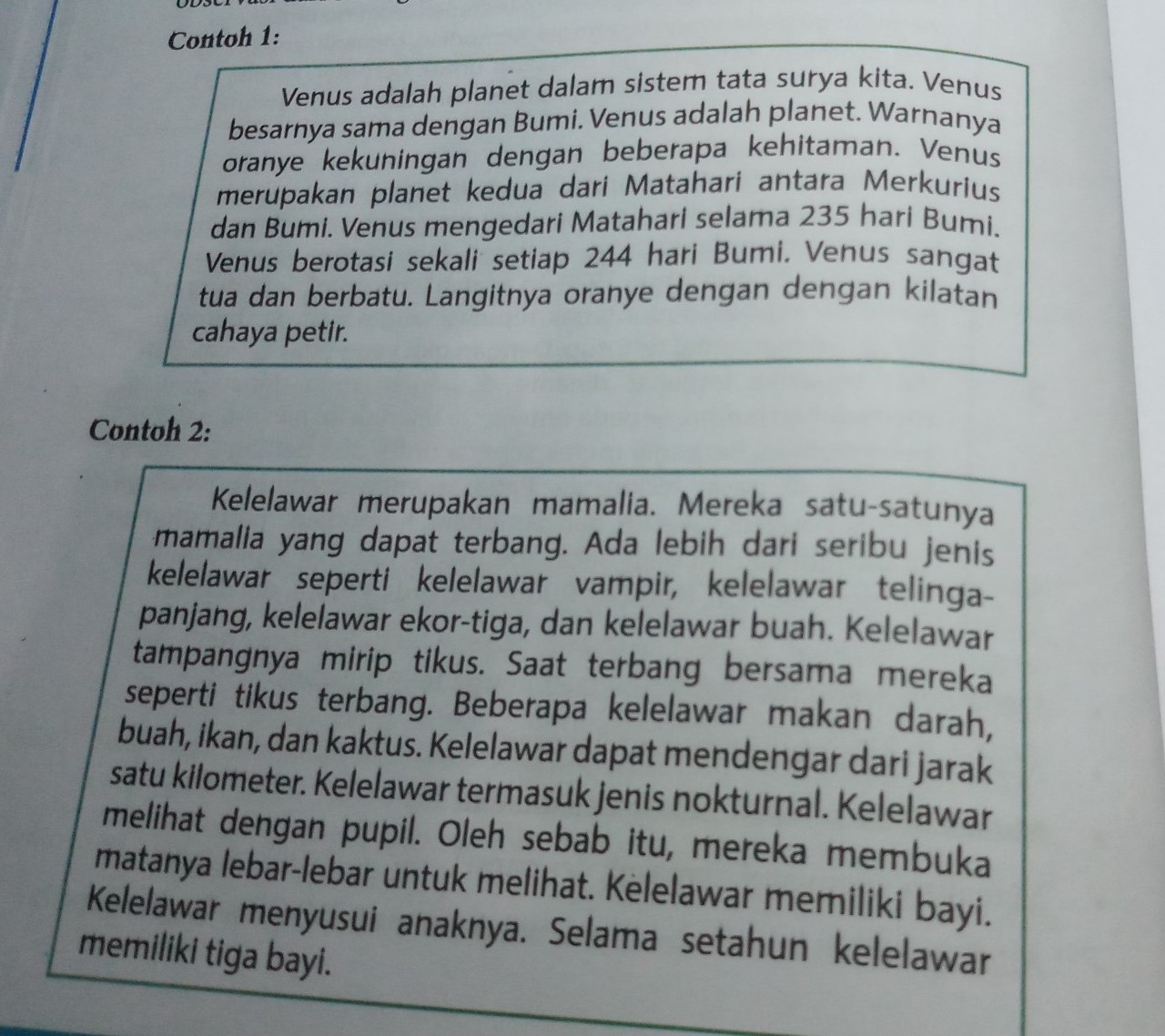Indonesian slang is often used in everyday conversation. Indonesian slang (bahasa gaul, Betawi: basa gaul) is a term that encompasses various vernacular and non-standard styles of expression used throughout Indonesia that are not necessarily mutually intelligible. With the exception of formal speeches, Indonesian slang is the primary language that is used for oral communication in everyday life. It would be extremely unusual to communicate with people orally in formal Indonesian.
Indonesian slang used in everyday life





